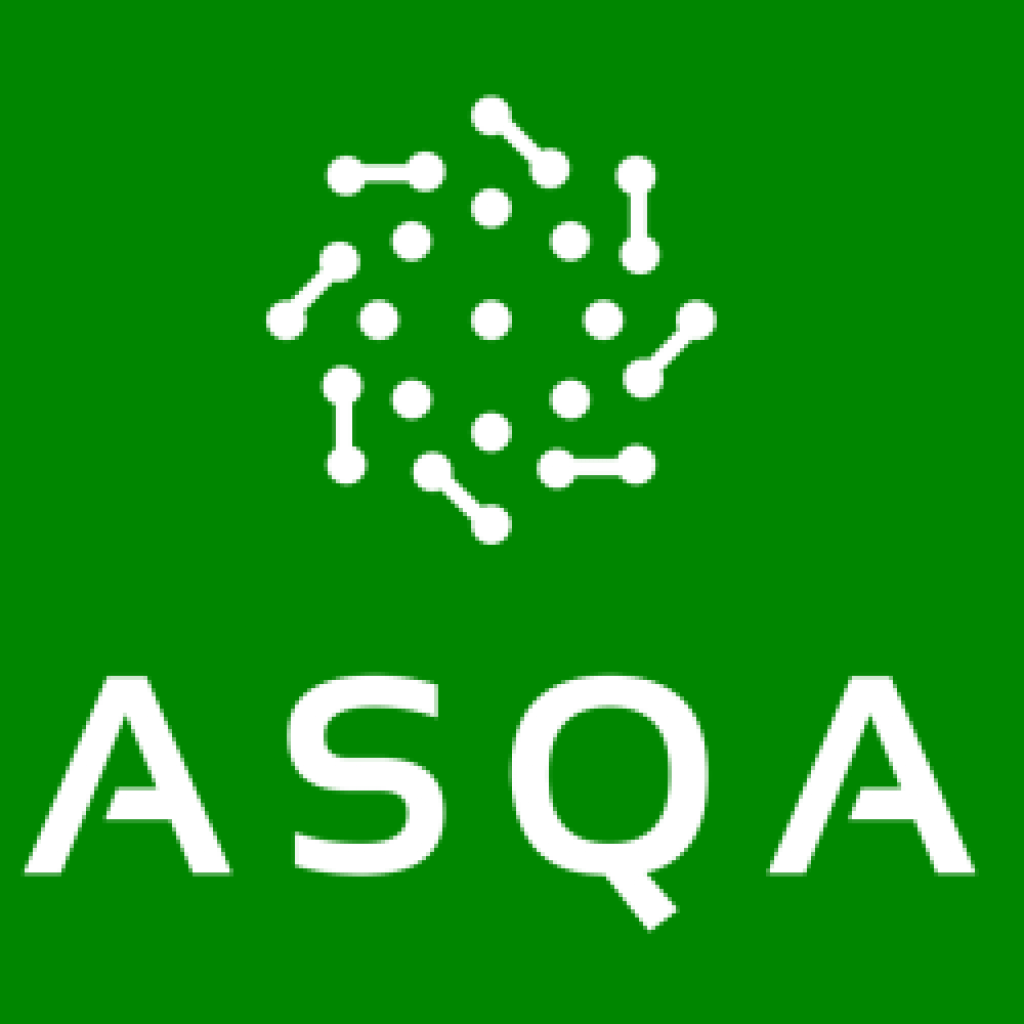Two of Europe’s brightest emerging quantum start-ups are merging. France-based Pasqal, a developer of neutral atom-based quantum technology, and Qu&Co, a quantum algorithm and software developer from the Netherlands, today announced a merger to aimed at accelerating progress toward achieving business advantage through quantum computing, the companies said in a statement.
The announcement comes about four months after France and the Netherlands signed a memorandum of understanding to cooperate on quantum efforts. Also, both companies received new funding within the last year from venture capital firm Quantonation, with Pasqal announcing a $30.5 million infusion led by the firm in June, and Qu&Co announcing a Quantonation-led round last August.
Asked about the Quantonation connection and how it might have led to the merger, Pasqal CEO Georges-Olivier Reymond told IQT News via email, “On one hand Quantonation facilitated introducing the idea and initiated the discussions. On the other hand the merger is the result of many things: i) a shared view on a common vision and project; ii) a good fit and complementarities between the teams; iii) business rationale: shorter time to market, a broader range of applications, access to talent etc.”
He also acknowledged that there is “fierce competition in the market, and the merger is a way to help Pasqal continue to grow and lead the market on various metrics.”
Pasqal recently has been partnering with the likes of Nvidia and Thales as it continues on its quest to deliver a 1,000-qubit processor in 2023. That will continue to be the mission of the newly-combined firm, which will keep the Pasqal name and remain rooted at Pasqal’s current headquarters near Paris.
Also, Reymond will remain CEO post-merger, with Qu&Co CEO Benno Broer taking on the role of chief commercial officer, the kind of job more quantum computing companies are going to need to think about creating as they work to convince customers they have market-ready solutions for the NISQ era. Qu&Co is contributing a staff of 14 employees to the Pasqal roster, which will now total more than 60.
Under the deal, the financial terms of which were not disclosed, Qu&Co’s quantum algorithm portfolio will be closely integrated with Pasqal’s quantum hardware, providing additional value to customers such as Johnson & Johnson, LG, Airbus and BMW Group, the companies said, as they aim to offer a broad range of quantum solutions in sectors such as chemistry, life sciences, automotive, electronics, utilities, aerospace, defense, finance and others.
Qu&Co last year announced a platform targeted at chemistry and material sciences applications.
“Leveraging the synergies of the two companies will further strengthen our full-stack, neutral-atom solution in achieving near-term commercial benefit,” said Reymond, in a statement. “Qu&Co’s technology and exceptional talent base has proven itself across several industries and will allow us to compete with any quantum computing company in the world.”
“Working with Pasqal on joint research convinced us their neutral atom technology is the best solution to attain real-world commercial applications in quantum computing,” added Broer. “We were impressed by the performance of our algorithms on their hardware and the many significant contributions the company has made in the quantum industry.”
Pasqal’s quantum computing technology controls neutral atoms (atoms possessing an equal number of electrons and protons) with optical “tweezers,” using laser light to engineer full-stack processors with high connectivity and scalability. Its software-agnostic quantum processing units can operate at room temperature with lower energy, allowing the company to address complex problems more efficiently than classical computers.
